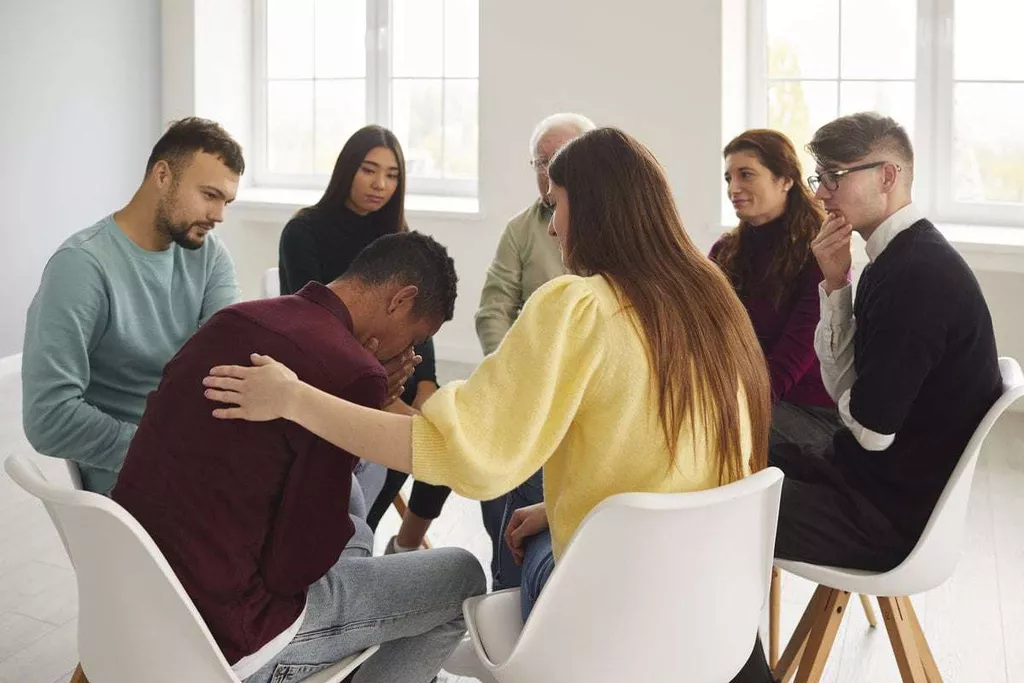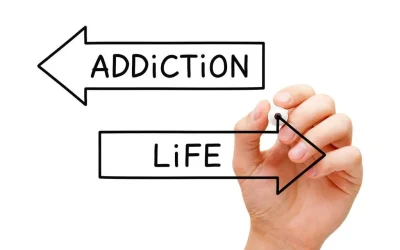Teens and Peer Pressure
Peer pressure can sometimes take the form of bullying, which can be emotionally damaging and potentially dangerous. Parents can teach their children strategies for responding to bullying, such as speaking up, seeking help from adults, and standing up for others who are being bullied. Get to know their friends, keep track of what they are involved in while at school, what their favorite and least favorite subjects are, what they are doing after school, who they talk to, etc. Be sure to ask open-ended questions about their day, not only questions that require a yes or no answer. ” It is crucial that you monitor your child’s activities on social media or the internet and address any concerns with them. If another child is pushing your child toward something better, that is a good thing.
How Too Much Parental Pressure Can Affect Kids’ Mental Health
- Peer pressure can influence a person to do something that is relatively harmless — or something that has more serious consequences.
- Through your steadfast presence, you become a reliable anchor in their journey, helping them navigate the complexities of peer pressure with resilience and confidence.
- If you continue to have concerns regarding your child and peer pressure, reach out to teachers, school administration or a mental health professional for additional support.
- If she’s becoming defiant, aggressive or disrespectful, you’ll want to address this behavior and nip it in the bud before it continues to escalate.
- This steady stream of parenting tips comes from social media, expert opinions, and even each other.
In contrast, negative peer pressure coerces others towards risky, inappropriate, unethical, dangerous or illegal choices. This pressure may be overt (e.g. direct goading to try drugs) or subtle (e.g. everyone at a party drinking shots, creating an implicit expectation for others to join in). Saying “no” becomes difficult in such contexts, even when uncomfortable, since humans innately seek to “belong.” To support children in an age of screens and social media, it’s important for parents to teach healthy digital habits that encourage emotional health.
Impact on children’s development
For example, natural leaders tend to be less susceptible to negative forms of peer pressure, while followers may have a harder time resisting it. Eden Pontz is Executive Producer and Director of Digital Content for CPTC. She oversees digital media content development and production for Parentandteen.com. She also writes, copyedits, and produces articles, podcasts, and videos for the site. Her pieces cover a range of topics including teen development, peer pressure, and mentoring.

Teach them to say “no”
The only way teens can truly develop their decision-making skills is to have a chance to practice putting them into action! As they make decisions themselves, they’ll feel good about the choices they make and may be more likely to choose to do the right thing. Adolescence is a time when peer pressure, in particular, may seem the hardest to deal with. That’s because, in attempting to fit in with peers, teens want to please. Ultimately, how to tackle peer pressure uplifts or undermines the intentions and methods.
- Some young people choose to maintain friendships at the expense of their values.
- These skills can help them navigate social situations with greater confidence and autonomy.
- Tell your child they can blame you if they need to get out of a bad situation.
- Knowing the facts can help you to resist pressures based on the idea that “everyone is doing it” and that you must party to fit in.
It’s a combination that lets them resist succumbing to peer pressure and have the strength to walk away. They will know that even if they “fail” among their peers, they will succeed in the long run. It’s normal to feel pride in seeing them come into their own, and to recognize that our children’s success can shape how others think of us as parents. But when we hold our children up against someone else’s measuring stick, it’s not healthy or helpful. Simply put, it’s when others push you to conform to a behavior or belief system that’s different from yours. Don’t want your children watching PG-13 movies, but other parents tell you it’s not a big deal?
Method 3: Getting Support from Others

Self-regulation involves the ability to control thoughts, emotions, and behaviors in order to manage current behavior and achieve long-term goals. In turn, your friend might reconsider criticizing people based on their appearance. By simply adhering to your own values and sharing them with a friend, you can positively peer pressure them to think before making a negative comment.
If they seemingly feel unable to come to you, for now, let them know it’s also okay to seek guidance from a trusted adult other than yourself. Extended which of the following is a type of indirect peer pressure? family, teachers, counselors, clergy, and coaches are also good resources. They can provide advice and help deal with pressure-filled situations.
- Most importantly, true friendships arising from mutual care make you feel free as compared to those conditioned on some rules at the time of how to tackle peer pressure.
- Seeking professional support goes beyond normalising – it can unearth root causes behind sensitive topics that peers may unconsciously prey upon.
- Nurture connections with those who build you up as is, not those who require you to compromise core aspects of yourself to belong.
- This means social media has great potential to amplify feelings of peer pressure, both negative and positive.
- Don’t want your children watching PG-13 movies, but other parents tell you it’s not a big deal?
Types of parental pressure
Armed with some vital skills, teens can learn to handle and overcome peer pressure. We can give teens the know-how by considering the following strategies and understanding how they can make a difference. Authoritative parenting — rather than authoritarian parenting — is tied to high self-esteem in children. When parents are overly controlling, children can lose faith in themselves and their ability to do things or listen to their own feelings. Of course, you want your child to be successful, have friends, and do well in school. But sometimes, you might not realize that you’re pressuring your kids excessively.
Parents urged to help kids create plan to deal with negative peer pressure – Craig Press
Parents urged to help kids create plan to deal with negative peer pressure.
Posted: Sun, 11 Mar 2018 08:00:00 GMT [source]
Most teens will experience some form of peer pressure – whether in person or online – during adolescence. At a time when teens are trying to figure out who they are and where they fit in, it is especially challenging for them to say no in uncomfortable situations or to go against their peer group. Their brains actually have reward centers that get excited around peers, reinforcing their desire for more and deeper peer interactions. It can decrease self-confidence and lead to poor academic performance, distancing from family members and friends, or an increase in depression and anxiety. Left untreated, this could eventually lead teens to engage in self-harm or have suicidal thoughts.



